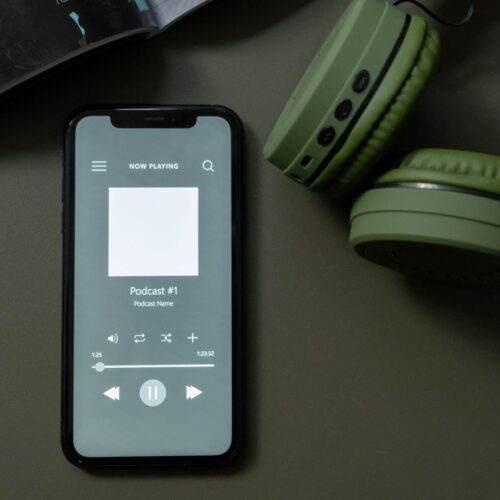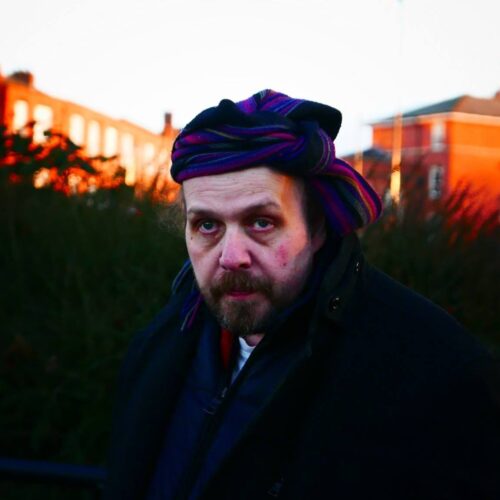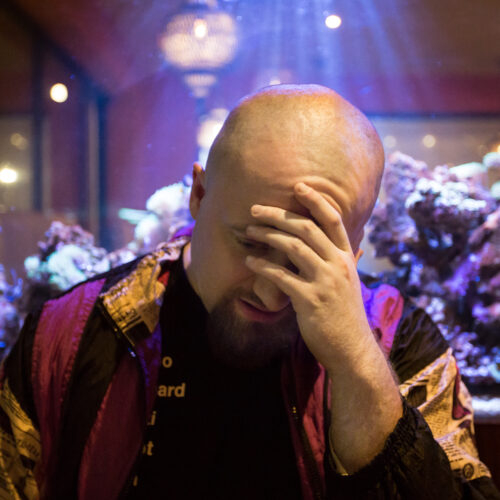
Music and literature
This is a post from the weareoca.com archive. Information contained within it may now be out of date.
It is not at all difficult to discover the inspiration of great (and sometimes not so great) literature upon composers past and present, though there are some who for instance may have been more motivated by the reputation of Goethe, Dante and Sir Walter Scott than an understanding of their work.

Byron caught the imagination of composers as diverse as Berlioz, Donizetti, Tchaikovsky, Schumann and Schoenberg, and Beethoven characteristically chose to change some of Schiller’s Ode to Joy text, exercising his assumed composer privilege. We know that Schubert made some poor choices of poetry, still making prodigious songs of the poor stuff, but he also knew fine verse when he found it.
Yet there is not only an interest in finding texts that inspired music. It is equally fascinating to read about music from the writer’s perspective, taking account of Thomas Carlyle’s beginning to his essay on Opera (1852): ‘Music is well said to be the speech of angels . . . it brings us near to the Infinite’. Much earlier, there is the excellently informed Shakespeare, who knew the law and his Bible, understood insanity and education and proved in his writing a close familiarity with rural life, his garden and the birds and insects that surrounded him. He was no mean musician, proven well by the manner in which he wrote of its powers in many of his dramas – around 230 passages in thirty three of the plays in which he speaks of music, often revealing an expertise with which to provide his characters with explanations. Heine writes with authority about Paganini; Garcia Lorca on the guitar; Jean-Jacques Rousseau and George Herbert enthuse about church choirs; and Thomas Hardy puts into verse how he is mesmerized by Mozart’s 39th Symphony. Hardy understood the language and art of the rustic bandsmen in Under the Greenwood Tree for both his father and grandfather were devoted members of the village choir.
There is mighty poetical praise for music by Dryden, Pope and Milton (‘Blest pair of Syrens, pledges of Heaven’s joy, Sphere-born harmonious sisters, Voice and Verse . . .’), and in our own time by W. H. Auden, praising St Cecelia for Britten’s choral setting of his verses, who earlier in a poem called ‘The Composer’, wrote: ‘All the others translate: . . . only your notes are pure contraption, only your song is an absolute gift.’
Among our twentieth-century poets, Louis MacNeice and Cecil Day Lewis (‘You that love England, who have an ear for her music . . .’) were ready to express a poetical delight in music, and Philip Larkin’s enthusiasm for jazz is well documented. Proust understandably spends a long time considering music in Remembrance of Things Past: ‘Ever since the love of music had been born and dwelt in him, Swann had regarded musical motifs as actual ideas, of another world, ideas veiled in shadows . . .’. Both Tolstoy and Turgenev show a fascination with opera, and Mark Twain (the pseudonym of Samuel Clemens) published an account of his visit to Bayreuth, and the remarkable devotion of the audience he closely observes during a performance of Tristan and Isolde.
Yet none of this can account yet for the great writers for whom music was itself a principal subject – Donald Tovey and George Bernard Shaw, the Yorkshire cricket enthusiast Neville Cardus, Eric Blom, Ernest Newman, the American critic and composer Virgil Thomson, and the philosopher Theodor Adorno.
We learn a lot about music from poets and writers. What a wonderful subject this would be as a study unit in a university programme!






Thats a very interesting article. I believe several composers have been talented writers as well. Some composers I believe write their own librettos and others are poets, essayists etc.
Not to mention the number of songwriters and lyricists who would fill several pages. As a composer do you look for something especially within literature that adapts itself to music or are you more interested in themes and willing to adapt the words to suit the music?
Pleased you were interested James. You may have seen the weekender piece I did on poetry (January) in which I admitted to being old fashioned in poetic taste as a composer, preferring rhythm and rhyme in poetry, and verse that seemed to need music rather than having music imposed upon it. So much poetry, especially contemporary work, is quite sufficient without music. I sympathise with Stravinsky’s point that the best language for music is Latin – the texts are so distant and monumental that music cannot interfere! My choice – perhaps rather arrogantly – is verse to which I can add something significant.